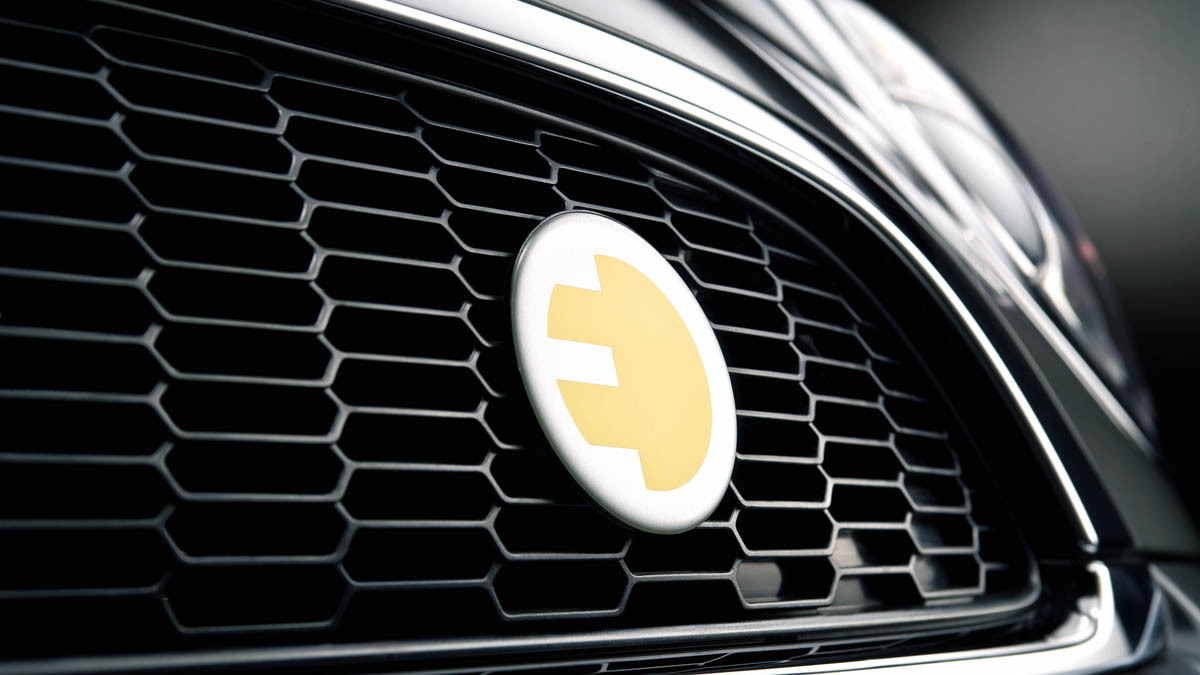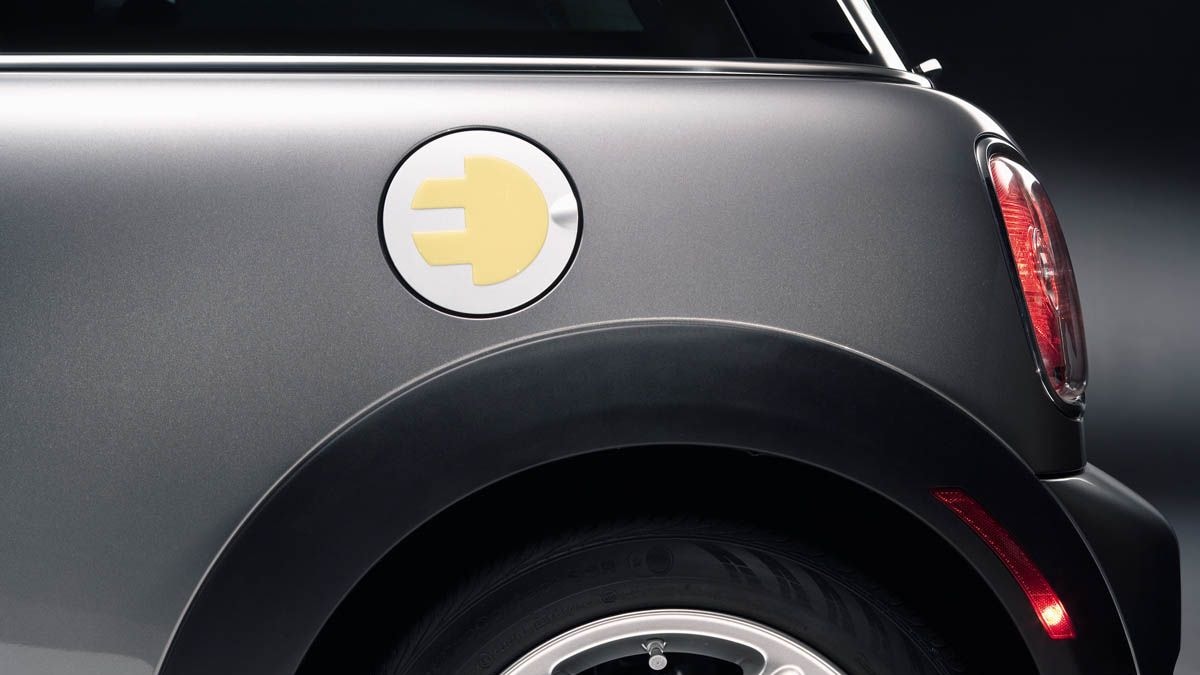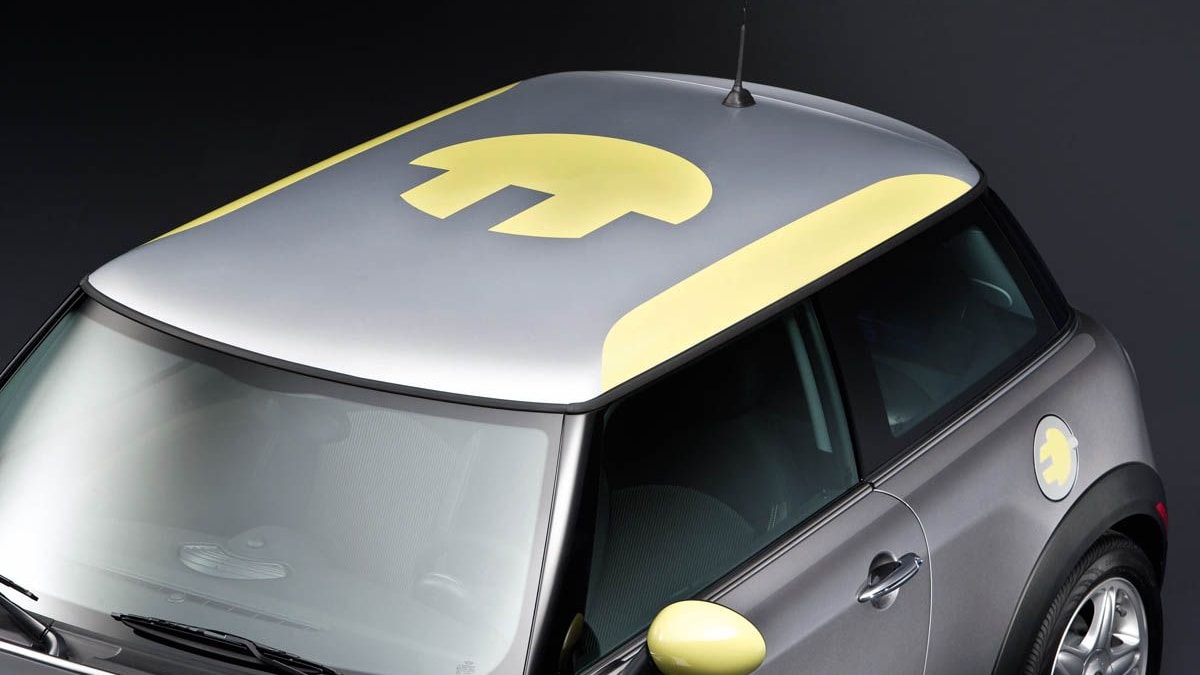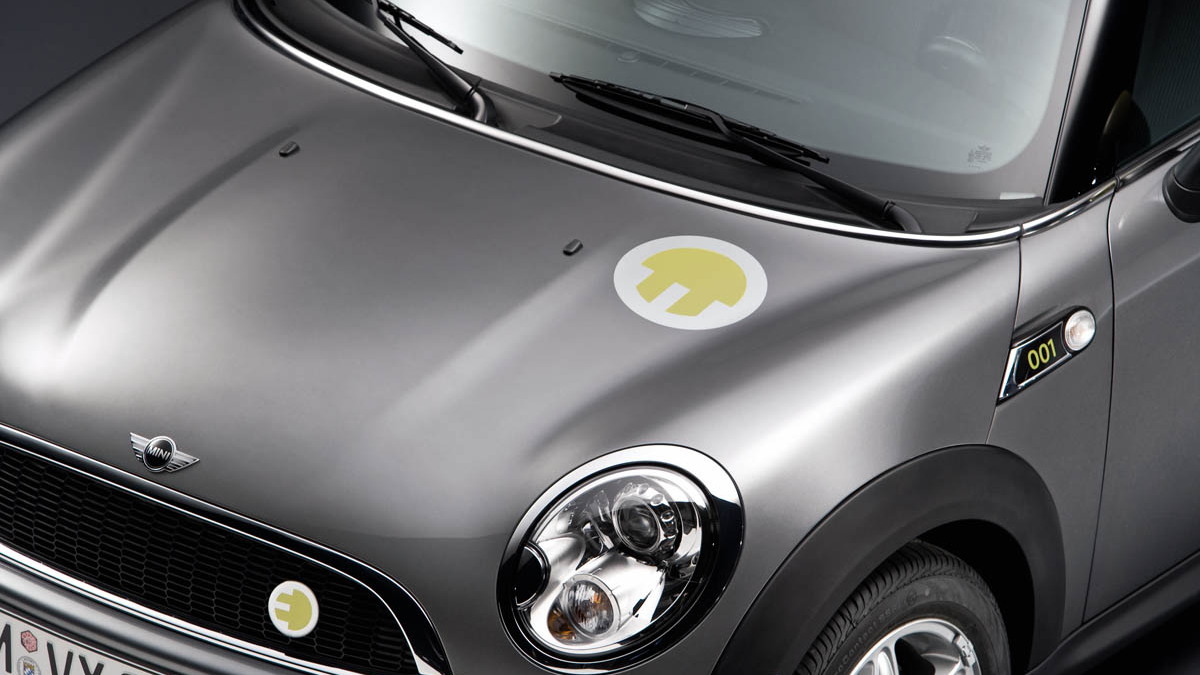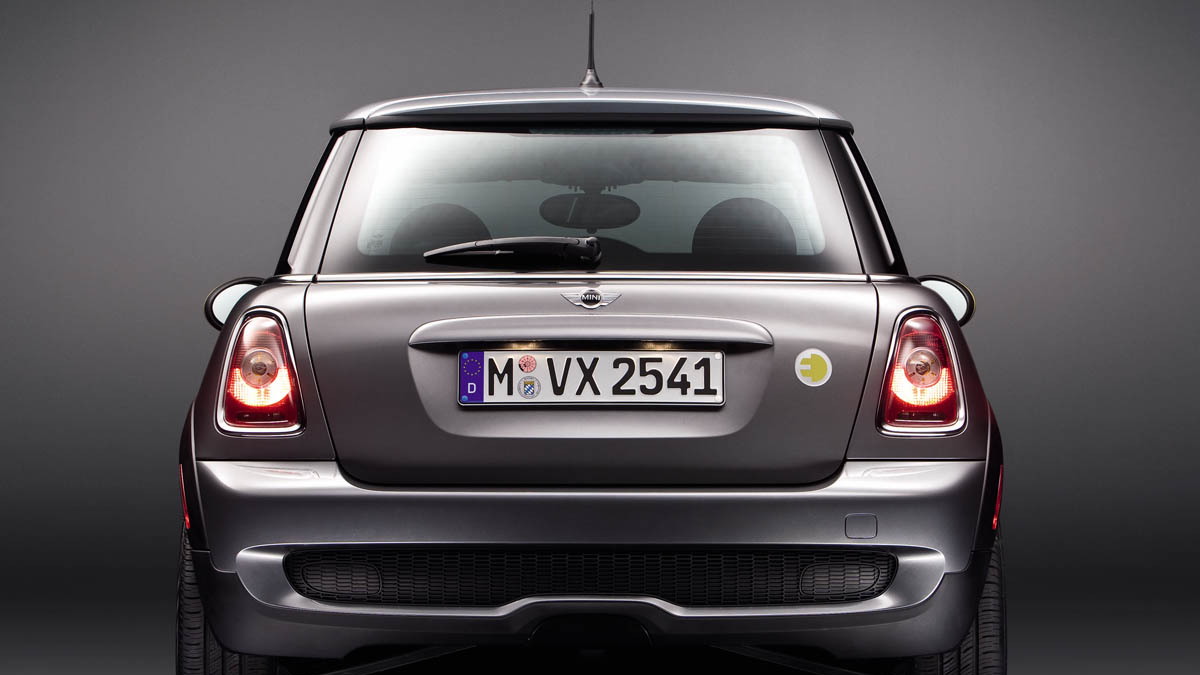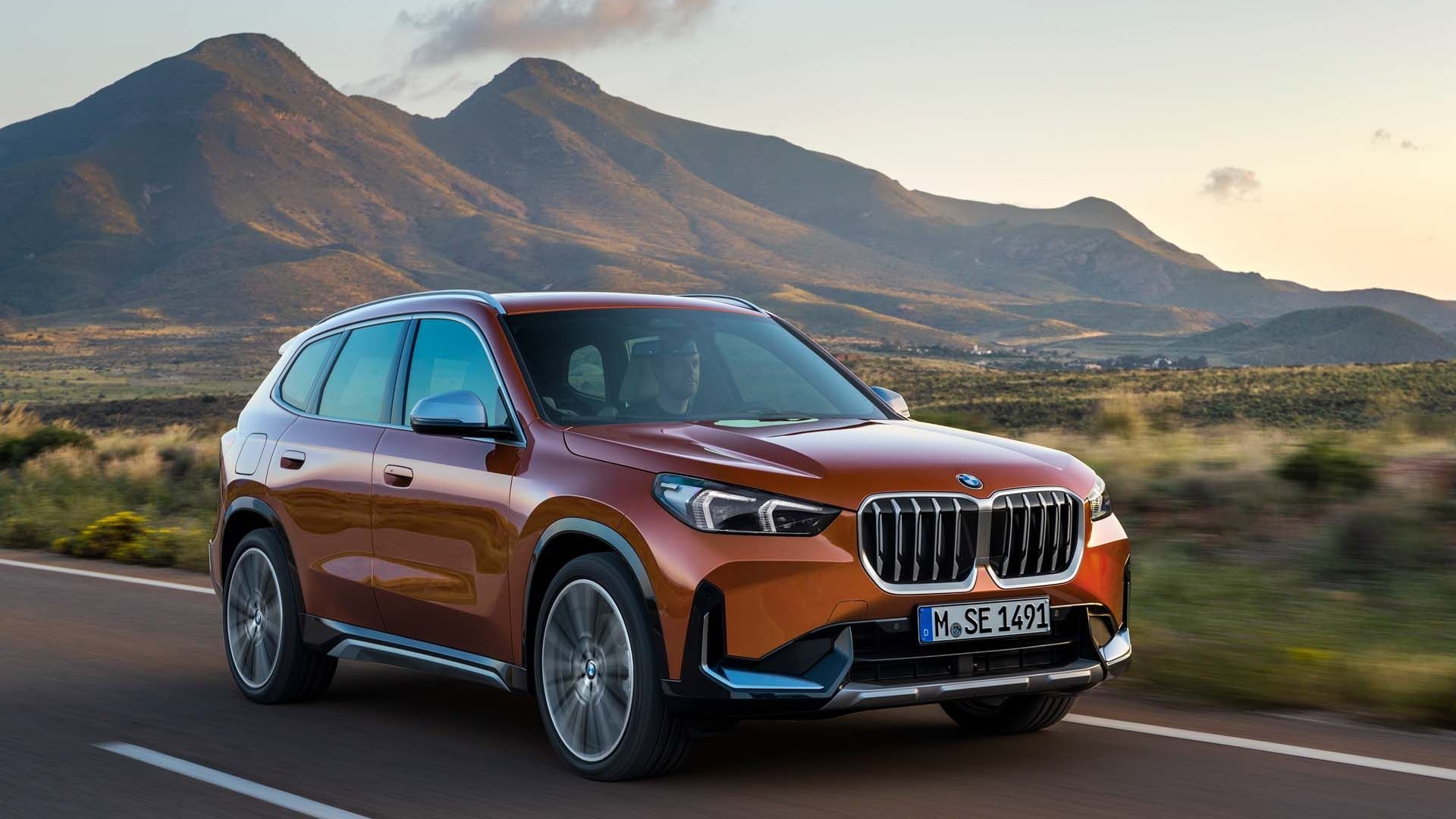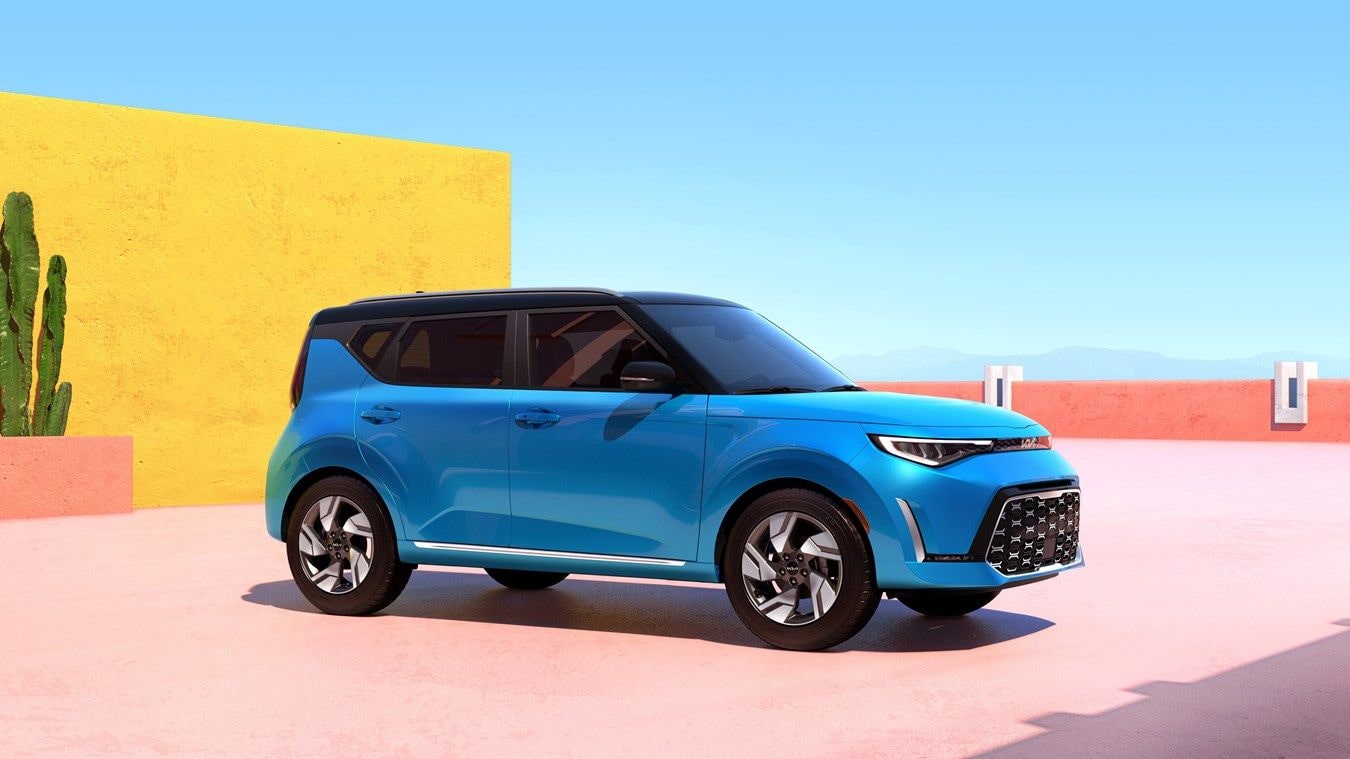Mini has released the full technical details for the all-electric version of its two-door Cooper hatch, which is set to be delivered in an initial batch of 500 examples to customers in the United States later this year. BMW is using its Mini brand to test the waters with its electric powertrain technology but the vehicle was also developed in order to meet new California regulations that require carmakers to offer zero emission vehicles.
Power comes from an electric motor that is mounted in the former engine bay and is rated at 204hp (150kW) and 162lb-ft (220Nm) of torque. Drive is sent to the front wheels via a single-stage helical gearbox nearly without a sound and entirely free of emissions. The Mini factory located in Oxford, England, supply cars without powertrains to a team located in Munich, Germany, which then adds the electric running gear.
The car has also gone through the major phases of product development for mass-produced vehicles and passed numerous crash tests on the way. Aspects investigated besides passenger protection were the impact of collision forces on the lithium-ion battery and finding a non-hazardous location for it in the car.
BMW has gone with a lithium-ion battery pack with an overall capacity of a 35kW/H. This sits in the rear of the car and leaves only 60L of trunk space. Acceleration from 0-100km/h takes 8.5 seconds for the 1,465kg electric vehicle and top speed is electronically limited to 152km/h. The car’s range is about 250km on a single charge, which takes about 2.5 hours. To help improve this range it is also fitted with a brake-energy-recovery system.
All will be painted silver but are easily distinguished by their absent exhaust pipes and yellow electric-plug decals. The cars will be offered on a one year lease with full maintenance and servicing by specially trained technicians. The electric drive's high-voltage technology requires that maintenance work be done by qualified personnel using special tools not found in your standard service station. In light of this, a service base will be set up on both coasts, with regular service scheduled to take place every 5,000km.
The Mini E will be on show at this week’s Los Angeles Auto Show and the company is hoping to eventually expand the project to Europe sometime next year.
If you find the idea of an all-electric Mini appealing but couldn't get on the 500 car shortlist, a company in Nevada can build you one complete with a 105hp (78kW) brushless AC motor and lithium-ion batteries. Nevada’s Hybrid Technologies has in fact been producing the electric Minis for the past year and claims that charging up the car’s batteries takes about 8-10 hours from a regular household power outlet. Top speed is only around 130km/h but driving at a slower speed preserves battery-life and means owners will be able to travel up to 200km on a single charge.
